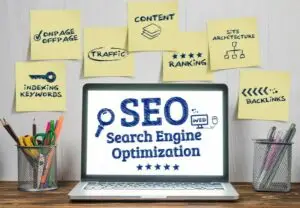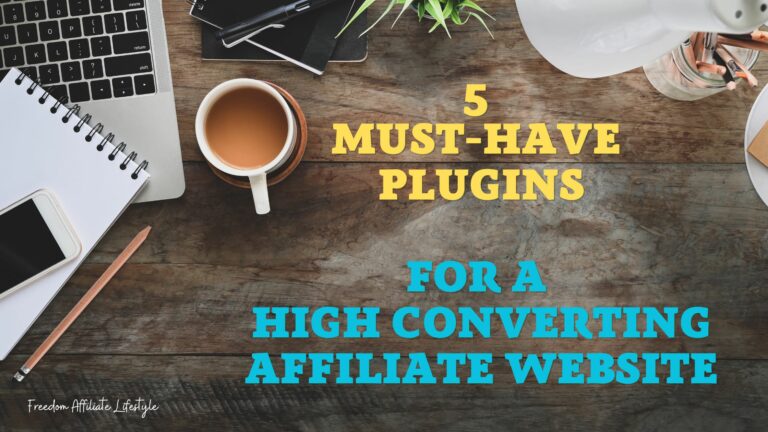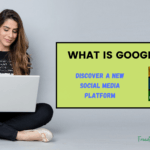On-page SEO includes working with keywords as well as creating a hospitable environment for the visitors who click through to your website. I approach SEO as improving the dialogue between your content and the audience. This perspective aligns with the ‘people-first' approach, ensuring that any optimizations I make meets the real needs and behaviors of any potential visitors.
Table of Contents
SEO has made a slight shift. Instead of seeing keywords as the be-all and end-all, I view them as just one element in a broader user experience. When search engines like Google evaluate your site, they're looking not only for keywords but for the relevance and quality of your content. By addressing the intent behind the user's search, your content helps form a connection with your audience, encouraging longer visits and more engagement.
E-E-A-T – Expertise, Authoritativeness, Trustworthiness, and now Experience – has emerged as a gold standard in on-page SEO. I try to include these principles into every piece of content I craft. I make sure the information is not only accurate and trustworthy but also that the reading experience is enjoyable and valuable.
Content is King: Crafting Quality Content
When we talk about on-page SEO, the phrase ‘Content is King' is more than a catchphrase; it's a strategy. I focus on delivering content that not only informs readers but also engages them, offering utility every step of the way. You expect practical advice to apply to your website, and that's precisely what you should get.

The first thing I consider is creating in-depth content that thoroughly covers the topic at hand. This means considering user intent – what does someone want to accomplish when they land on your page? The answers should shape the content, ensuring it's relevant and full of substance.
Readability is another core component of user-focused content. This involves crafting sentences and paragraphs that flow logically, as well as using simple words. Bullet points, subheadings, and concise paragraphs help break the text into digestible bits, making it easier for you to find what you need.
When I incorporate keywords, I place them where they feel natural and assist in conveying the message. The days of stuffing keywords at the cost of readability are over. My priority is to write as if I'm speaking directly to you, using language that is easily understood and avoids industry jargon, so you stay engaged and informed.
Remember, website accessibility is part of this equation. Content should be structured in a way that screen readers and assistive technologies can interpret without hurdles. Alt text for images and proper heading structures are just examples of how I strive to make information accessible to all.
Related Article at FreedomAffiliateLifestyle.com!
Technical Aspects of SEO

When we peek behind the curtain of a website, we discover the cogs and gears that make everything tick – The technical elements that search engines evaluate when crawling your site. User experience begins with how well your website performs. If it's slow, users will bounce, and search engines will take note.
Fast loading times aren't just preferred; they're expected. Site speed is non-negotiable. Compress images, streamline your code, use caching – do whatever it takes to make your pages load like lightning.
We're way past the point where mobile-friendliness is an option. With the majority of searches now happening on mobile devices, your site must adapt to screens of all sizes.
Let's turn to meta tags. A well-crafted title tag is your first handshake with your reader and search engine alike. It must be relevant, crisp, and engaging. Meta descriptions, while not a direct ranking factor, influence click-through rates. They're your display window, so make sure they attract.
Schema markup is the vocabulary of search engines. This structured data speaks to them directly, telling them what your content is about – acting like a neon sign pointing right at your information.
These technical aspects of on-page SEO help search engines understand and present your content effectively. But remember, it's an ongoing process. Keep fine-tuning, keep testing.

THIS IS HOW I MAKE MONEY ONLINE!
- Build your own website based on your passions and interests
- Generate consistent monthly income
- Grow and monetize your social media platforms
- Work from anywhere and create passive income streams
Measuring and Evolving Your SEO

While it's tempting to think of on-page SEO as a one-time setup. But it’s a continual process that demands regular attention and refinement.
Taking a closer look at analytics is essential. It reveals how your content performs and how users interact with your pages. Are they staying? Are they clicking through?
Embracing A/B testing helps you make informed decisions. Change a headline, tweak a call-to-action, and compare the results.
SEOs often discuss the ‘freshness' factor. So in addition to churning out new content, you need to also keep existing pages fresh and relevant. Review and update your content periodically to maintain its edge.
Truly successful on-page SEO provides value to the humans behind the screens. Keep their needs, questions, and browsing habits at the forefront.
Imagine your content as a bridge connecting your audience's questions to your expertise. By measuring and evolving your SEO practices, you ensure this bridge is strong, clear, and capable of carrying the traffic between.

Elizabeth teaches people how to make money online through affiliate marketing. Her tips and strategies help readers earn a Full-Time Income from home. She shares easy steps for success on her blog. Follow her to start your journey!







